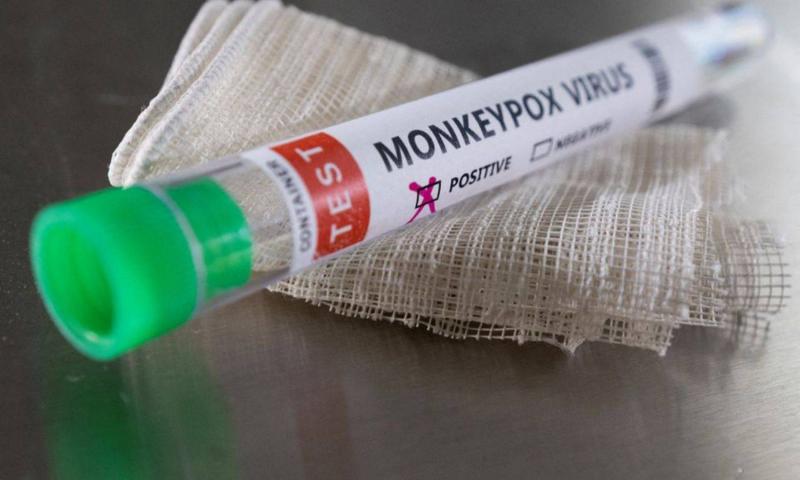A recent study has reported that the pathogen causing the monkeypox outbreak has mutated significantly and unexpectedly. A team from Portugal wrote in the scientific journal "Nature Medicine" that compared to the monkeypox-related viruses from 2018 and 2019, there are about 50 differences in genetic characteristics based on the preliminary analysis of cases recorded in Portugal. This represents between six to twelve times what was expected for this type of pathogen, according to previous estimates. The new strain may indicate accelerated evolution.
According to the study, which was supervised by João Paulo Gomes, a researcher at the National Institute of Health in Lisbon, "our data provide additional evidence regarding ongoing viral mutation and potential human adaptation." Experts have previously discussed slow and relatively fundamental evolution concerning this type of virus, particularly when compared to the vast number of mutations seen in the coronavirus.
The authors of the study suspect that the virus's transmission from one or more countries where it is sustained may be the reason for the current outbreak. It later became apparent that events causing widespread transmission and international travel have exacerbated the outbreak. Experts also suspect that enzymes in the human immune system are responsible for these changes in genetic makeup.
Around 5,000 cases of monkeypox have been recorded globally this year. The Centers for Disease Control and Prevention (CDC) in the United States reported that 3,308 of these cases were recorded in 40 countries outside of Africa.




